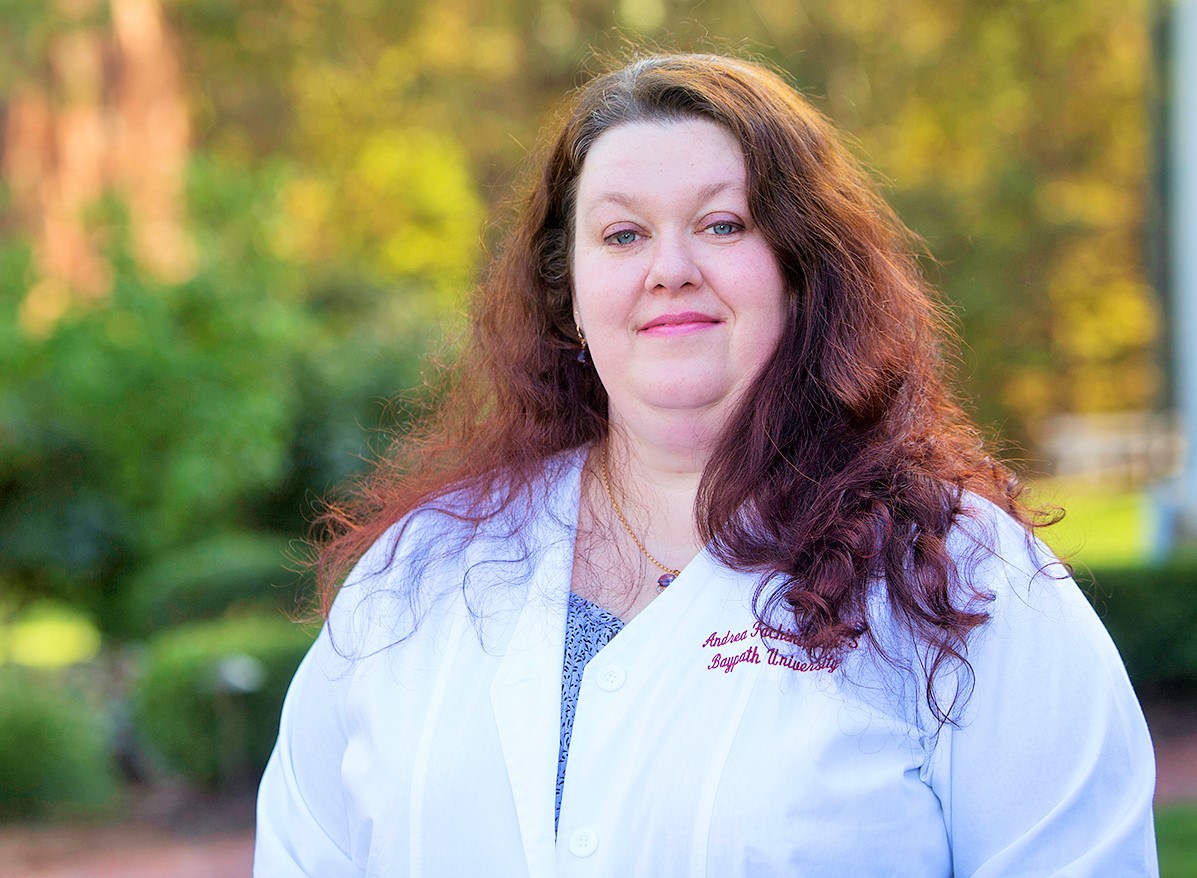What is it like to be a physician assistant? Meet Andrea Fachini ’16

Andrea Fachini ’16 always knew she wanted to work in the medical field, but it wasn’t until she was studying biology at MCLA that she realized she wanted to pursue a career as a physician assistant.
MCLA’s Biology Department regularly invites its alumni to visit campus to talk about the different career paths you can take with a biology degree, and a visit from a physician assistant hosted by Biology Professor Ann Billetz opened Fachini’s eyes. “I was like, ‘wow, that’s exactly it. That’s exactly what I want to do,” she said.
Later, it was Billetz who wrote one of the letters of recommendation required for Fachini’s application to the highly selective National Health Service Corps Scholarship, which covers the entire cost of graduate school plus a stipend for living expenses in exchange for spending at least two post-graduation years working in an area with a shortage of health professionals. She was accepted for the scholarship, attended Bay Path University, and graduated with her master of science in physician assistant studies in 2019.
Fachini was accepted to MCLA shortly after the birth of her second child; she had worked as a medical assistant and had started an online program in health care administration, but was looking for a career more on the clinical end of the health care field. “Dr. Billetz helped me a lot—she was really great the whole time I went to MCLA,” Fachini said. “I did research with her as well and really enjoyed that experience—I loved my time at MCLA.”
Now she lives in Windsor, Conn., and has been a physician assistant for almost a year. She is employed at a primary care clinic working with underserved populations, and also works two days a week at a local shelter. “I love that I get to positively impact people in a meaningful way,” she said. “You get the chance to be kind to people that maybe nobody has been genuinely kind to in a long time. It’s very rewarding.”
Even without the NHSC scholarship, Fachini may have ended up working with similar patients. “I really enjoy the demographic,” she said. She gets to use her Spanish (she lived in Mexico for a short time and is fluent), and appreciates that physician assistants can serve in more than one specialty. She said she would love to work with the homeless population on a deeper level.
Fachini has been through some hardship herself, which helps her understand this population and the challenges various patients face, from affordability of care to understanding best practices around health and wellness, to logistical problems like transportation and juggling health needs and limited income. “The hardships I had in my early life—being homeless when I was young, not being able to get to the doctor, made me understand these people’s living situation is often difficult,” she said. “Living through these situations yourself gives you a perspective you can’t really get otherwise.”
